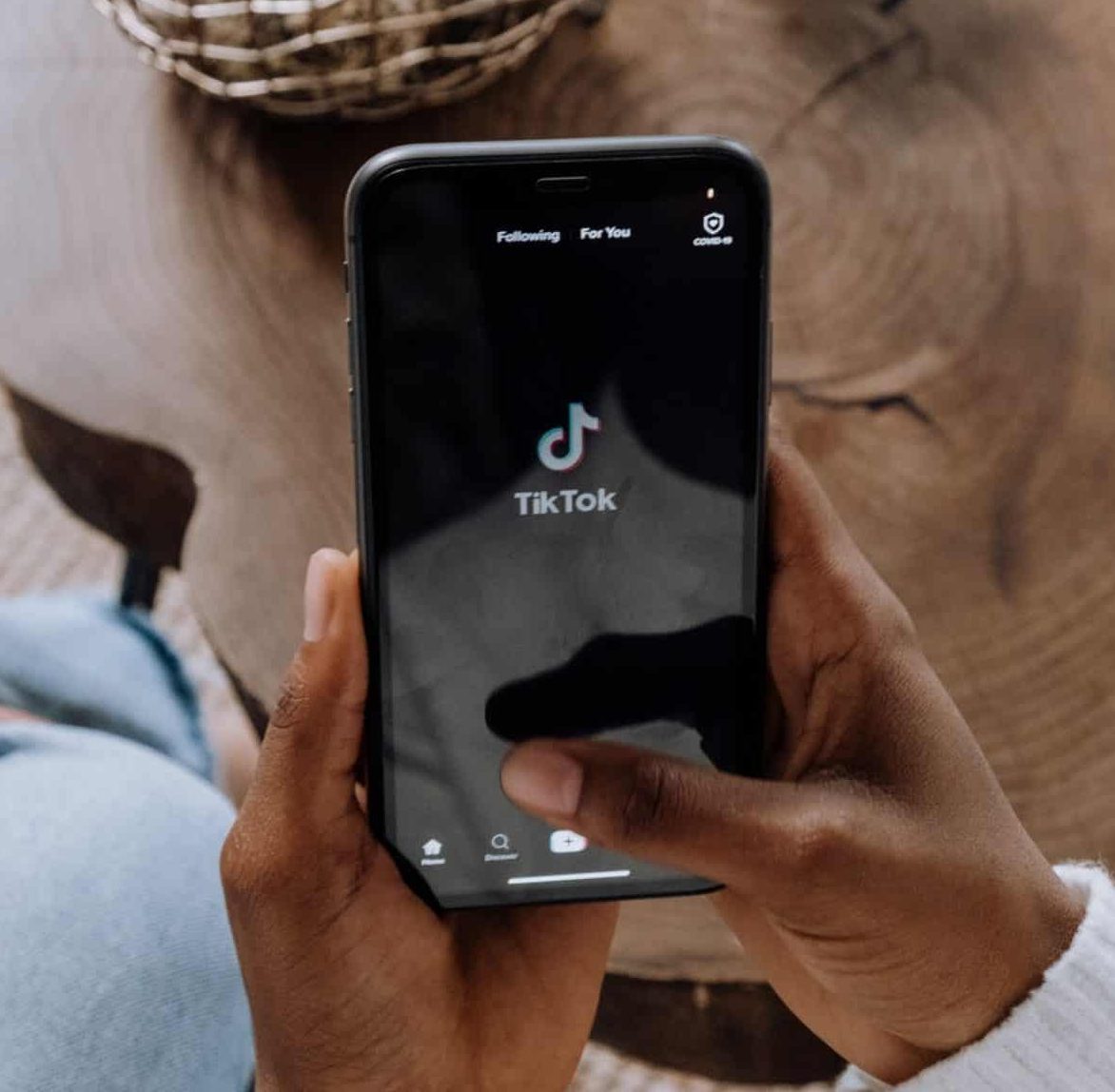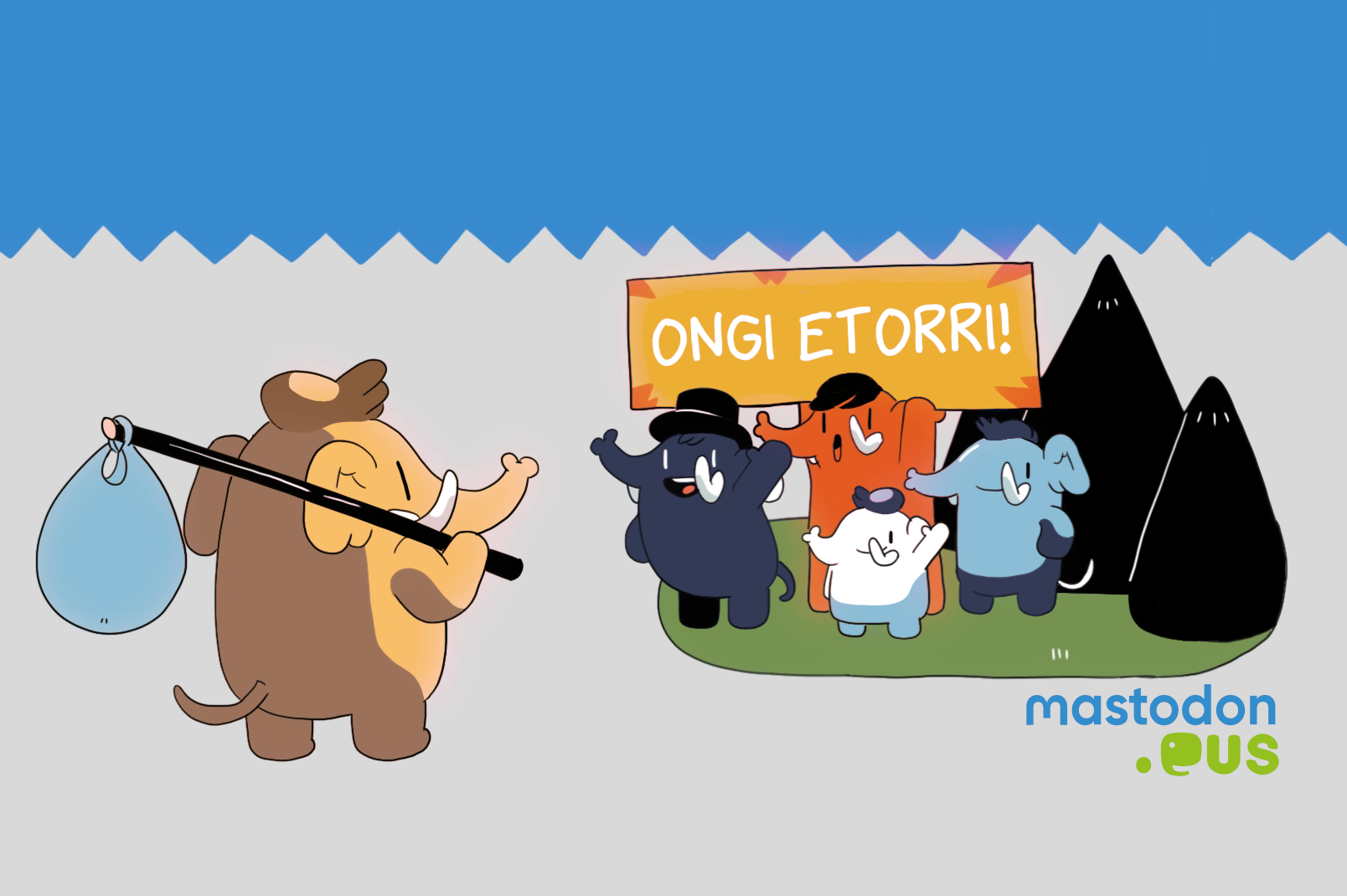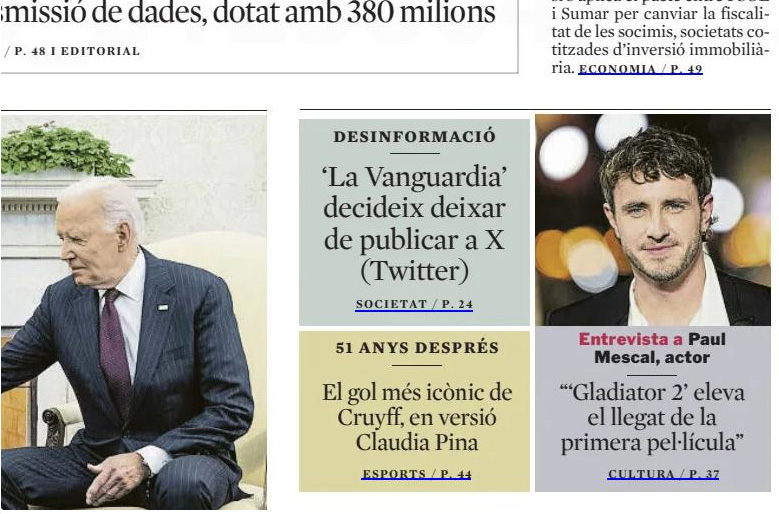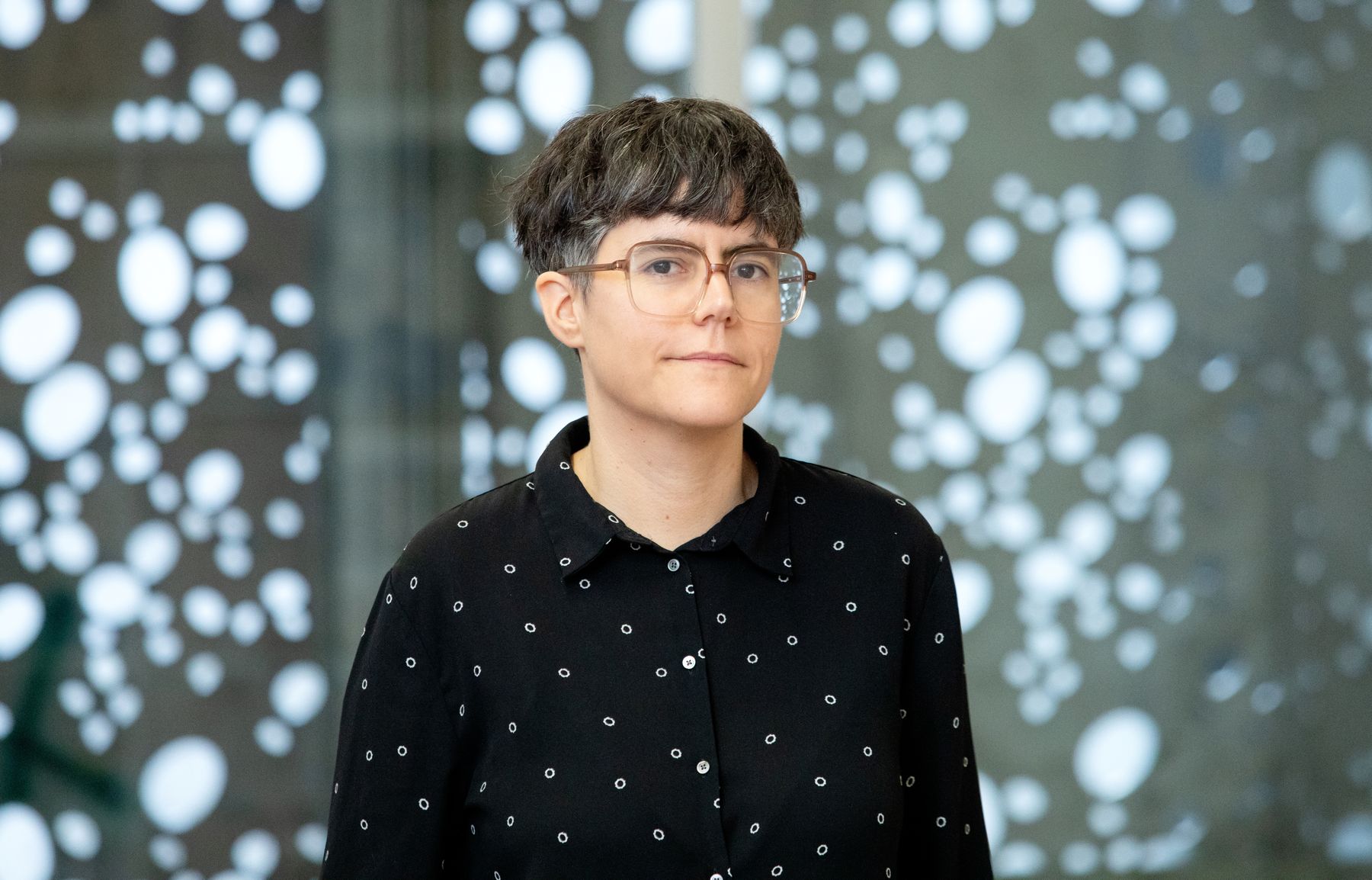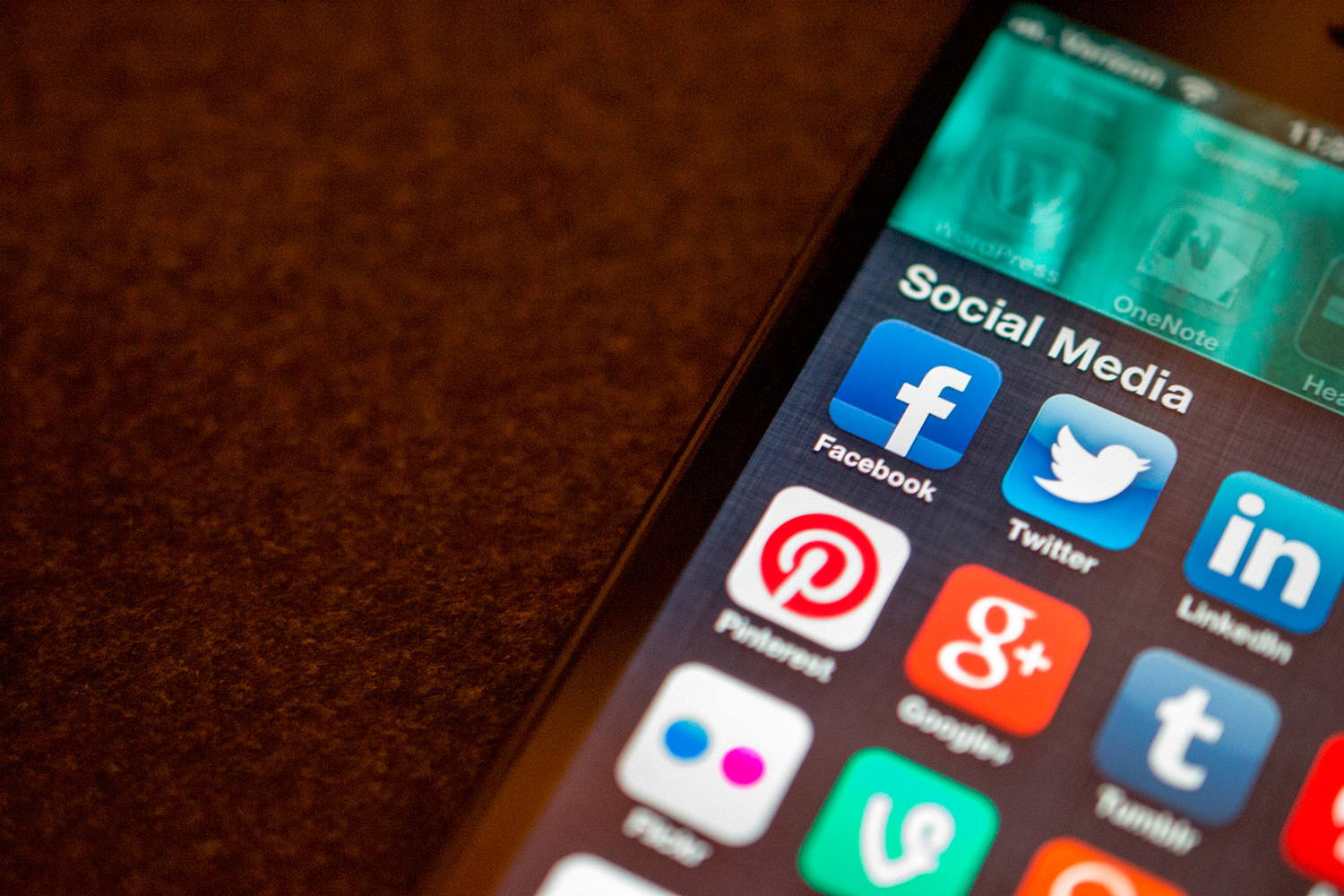Leaving the X, where are we going now?
- These days an “eXodo” is being produced on social networks. Many users have decided to abandon the X platform, to the point of refuting the “toxic” evolution of the entrepreneur Elon Musk’s hand, and have jumped to Mastodon or Bluesky. The report has focused on these projects, highlighting among other aspects the differences in terms of origin, nature and financing.

We don't know if Elon Musk is a group of people who care a lot about greatness and being able to escape the social network X (old Twitter) and take refuge on other platforms. We do not know whether he is a toy, which can be sacrificed without too much reluctance, or whether he considers it a strategic project. The anger of the users who have turned their backs on Donald Trump in the U.S. elections may make him graceful, even after seeing that he gave him that support, or that has allowed him to increase his income dramatically in a short time.
However, many users have leaked through the X. And they've gone to the Mastodon or Bluesky platforms. They call it "eXodo." It was the sudden outburst that had to be decided, after long meditations and many deliberations. In our sector, the media in both sectors have announced their abandonment – although they knew that they would find some of the readers there – to stay in healthier places.
The European Federation of Journalists (EFJ) has issued a statement: On January 20, 2025, when Donald Trump will take office as President of the United States, he will stop publishing content on platform X. “We cannot continue to participate in the social network that its owner has turned into a machine of disinformation and propaganda,” said the association representing 295,000 journalists from 44 countries.
At ARGIA we are also in the process of debate, not only on projects X, Mastodon or Bluesky, but on the strategy to be followed in all social networks and in other communication applications, making it clear that the way forward must be to strengthen our tools with the aim of technological sovereignty. The decision of the Committee will be made known shortly.
No, the social network isn't yours.
“This social network is mine and I will publish in my social network what I want, and not what you would like to see”, we have read in the X to the Spanish actress Beatriz Rico. Surely, many of the users we were there would think the same thing, that the social network is “ours.” But no, Elon Musk has made it clear to us that he owns all the accounts recorded on this platform. It is the digital image of the far-right Infowars that, although indirectly, should have opened our eyes.
This American media reported in 2012 that the Sandy Hook school disaster, where a man killed 27 people and then killed himself, was an assembly. I had already published fake news before, but this time it had consequences, unlike other times, fake news. The relatives of the deceased brought to court Alex Jones, the owner of the publication, who was sentenced to pay $1.5 billion. But he didn't have enough money to pay the fine, and he had to put Infowars on sale, among other things, social media accounts. The post went to auction and who and The Onion, the left-wing satirical post, made the biggest bid to put a more surreal touch to the Infowars line.
At ARGIA we are also in the process of debate, making it clear that the way forward must be to strengthen our tools for technological sovereignty.
The question is, as Joxe Rojas Teknopata.eus explained in the article published on the web (New mythology: “My account in X”), until the closing of the details of the sale, X Corp, the owner of the network that we once knew as Twitter, has appealed against the process, because “the ownership of the accounts in X is not of the users, but of X”. Elon Musk says it owns the X account of Infowars and not Infowars. That is, users are allowed to use the account that bears our name, but it's actually X. Having your name and your image does not mean that it is yours, no, it is from the company that provides you the service, as in the case of the Instagram profile or the Youtube channel. In addition, we have just learned that a judge has paralysed the Infowars broadcast process because there have been “mistakes” in the process until the auction and The Onion’s biggest bid.
The Mastodon and Bluesky platforms, converted into alternatives to X, have a different march. It may seem to us that, once the X is left, it is the same to opt for one or the other, because in the two there is a healthier atmosphere, but getting in front of us we will realize that there are significant differences between them, in terms of the people/philosophy or funding behind each project, among other things.
Mastodon, viable without large investors
German software developer Eugen Rochko had been using Twitter for eight years until rumours spread in 2016 that American billionaire Peter Thiel was going to buy the social network. He found it dangerous that a global communication tool was controlled by a single company and began to develop the decentralized social network Mastodon, free software, still a computer student.
As anyone with technical knowledge can install it, by 2017 there were over 1,000 Mastodon communities connected to each other. Many of them were created by people excluded and persecuted in the usual networks in order to create self-managed safe spaces. Thanks to donations from those early users, Rochko managed to dedicate a full day to the project. In addition, several people accompanied him as volunteers in his development.
In 2021, he registered the Mastodon project as a non-profit company in Germany, and a year later, after Elon Musk bought Twitter, several venture capital companies in Silicon Valley offered him investments for hundreds of thousands of dollars. But Rochko refused to pay the money by considering that having a not-for-profit project in Mastodon is "untouchable," he said in an interview published today by the Financial Times. Rochko wanted to protect the independence of the project: “Mastodon (and Fevarians) have proven that they are effective and reliable communication platforms that do not need venture capital to survive.” In their words, investors “do not seek a sustainable business, but a great profit.”
As the use of mastodons increases, donations have also increased, and in recent years grants have been received from foundations that drive free software. At the moment Mastodon has five full-time and two part-time workers. In addition to staff costs, the hosting of the servers they maintain mastodon.social and mastodon.online occupies most of the budget.
Meeting point of various networks
The fediverse, created from the sum of the words “federation” and “universe”, is a set of websites that share content in a federated and open way. These websites are independent, but the users of one can perform several operations with others: continue, send a message, comment... In Fedibertsoan there are networks of all kinds, including the Mastodon social platform.
Mastodon is a microblogging square, but its features are not the usual. It has been created from a more human point of view, learning from the mistakes of other networks, "where you are a person, not a product," according to its promoters. There are no paid ads and no businesses are made with personal data. The most widespread social networks are centralized and owned: Facebook, Instagram, X… Mastodon is decentralized and free. There is not a single Mastodon, but thousands of federated/interconnected communities. Two of these are non-profit initiatives Mastodon.eus and Mastodon.jalgi.eus.
Six years of the Basque communities
In 2018, the two communities were created. Mastodon.jalgi.eus is a telecommunications cooperative created and maintained by Izarkom. Mastodon.eus, for its part, several entities and people have collaborated: Azkue Fundazioa, Iametza, Laborategia.eus, PuntuEUS and Talaios Koop. During these six years they have used the server that Dinahosting has provided for free, thanks to the agreement of the Galician hosting company with PuntuEUS.
In Mastodon.eus, updates, technical maintenance of the server and backups are carried out by the company Iametza – as a social project – and the moderation work by community members, in exchange for a kiss, as being a nearby network is not a nightmare, as it happens on large commercial platforms. On the other hand, the software is translated into Basque by volunteers from the Librezale group.
On 21 November it was six years old Mastodon.eus, and on the occasion of this anniversary, the free network Entaukera has launched an accession campaign. “The Fediverso prioritizes transparency, community value and respect for users, unlike private and centralized networks,” the project promoters stress. He added: “Free networks are fundamental, because they guarantee that our language will develop, grow and have a dignified presence in the digital arena, without waiting for external decisions.” The two communities are the digital breaths in which Euskera predominates.
The ARGIA working group has joined the adhesion campaign. “On the basis of self-management, we must promote and multiply the communities created in Basque and free”, we claim. In April 2018, we created the first account in Mastodon, when Basque communities still did not exist. A few months later, several agents began working on the creation of the Mastodon community of the Basque Country and the Basque culture, and ARGIA also participated from the beginning. Since then, it has continued its commitment to free networks, with "all our contradictions", as the working group on the network stressed.
Among the steps taken, on September 16, 2023, coinciding with the International Day of Free Software, the working group decided to remove from the supports of ARGIA (magazine, web, advertisements, supplements, posters…) any reference to social networks dependent on multinationals.
Bluesky and venture capital companies
The Bluesky social network, which is giving a lot to talk about in recent weeks, is another of the winery’s ciders. In 2019 it began as a research project for the decentralization of Twitter by Jack Dorsey, one of its founders. In 2021, Jay Graber, who is now the head of the company, was hired to run Bluesky, and Twitter put thirteen million dollars to launch development. Within a few months, breaking the ties with X, Grabe turned him into an independent company. The company is based in a tax haven, in the state of Delaware, just like many large U.S. companies.
In June 2023, Bluesky received eight million dollars from investor group Neo. And in October 2024, the venture capital company Blockchain Capital invested fifteen million in this company. Marta G. The hacktibist and journalist from Madrid Franco explained in El Salto that two of the founders of Blockchain Capital, the brothers Bart and Brad Stephens, raised funds for the Trump campaign, as the one who will soon be serving as President of the United States. Another partner of the company is Brock Pierce, who advised President Nayib Bukele to convert bitcoin into the official currency of El Salvador. Netanyahu, a family friend, collaborated for years with Steve Bannon, a strategic ideologist of Trump’s first campaign.
In an interview with ARGIA, Franco himself explained that Twitter, Facebook and others have organized an “International of Hatred” for this party. “They are men who share tactics, resources and a lot of money. What for? Bannon summed up this to invest in a strategy: ‘Fill the entire cocoa space’. That is, to occupy a digital space with a lot of toxic content, that is, to occupy a space that would serve, in the first instance, for people to have important conversations, to know themselves, to organize themselves politically or to simply have fun”.
“Sausages”
The Bluesky social network has received large investments, but it is not clear how it will generate profits for distribution among investors. They undertake not to integrate cryptocurrencies into the platform and not to display ads. However, so far the only income that has been obtained was the sale of custom domains, that is, that those who pay do not have the name @erabiltzailea.bsky.social, but can use any domain, such as @erabiltzailea.adibidea.eus. As a novelty, they have announced that they are developing a subscription model, offering as a bait the possibility of watching high-quality videos or customizing the color edges and avatars of the profile.
However, it is difficult that this will only maintain the company’s activity and generate the benefits that investors demand. Cory Doctorow, journalist, copyright activist and sci-fi writer, seems to have entered a process defined as "cacarear". In other words, firstly, with the money provided by investors they develop an attractive product that allows the largest possible number of users to accumulate. Subsequently, the product becomes attractive to commercial customers, to the detriment of users, including ads, for example. And finally, they end up looking for profits for owners, to the detriment of users and commercial customers. Or they become toys of an ultra-rich, like Twitter.
“For a while these commercial social networks served us, but every day less,” says Marta Franco. “That’s why we have to think about getting out of there, because we’re lagging behind in those increasingly competitive spaces. We are competing with tech giants that have more resources and less scruples than we do to get very small attention.” The Internet remains, with all its problems, the most global, universal and democratic communication tool ever invented. “Social media has been and continues to serve us for a long time; what happens is that we are losing space.” In some places we have less and less room for our accounts and more and more users are aware of this. They are the basis for change.
------------------------------------
Etxepare Lizeoa creates free social networks
It's becoming more and more common to have accounts on free, federated social networks like Mastodon or Pixelfed. The Lyceum Etxepare of Baiona has taken a step further, creating its own communities for students and teachers.
The educational objective has been to create, in the words of professor Eder Etxebarria, a Mastodon for microblogging and a Pixelfed for photos. First, it is intended to publicize alternative social networks and offer students the possibility to use them in Basque. Discussions will also be held on the use, organisation and management of these public places, as this is "a democratic system that guarantees the safeguarding of users".
Only the second year students and teachers of the Liceo will create accounts, all publications must be in Basque and they will be required to act with respect and courtesy.
Being independent doesn't mean being on the margins of the world. For example, they can follow the members of the other communities of the Basque Fedibertso and exchange messages with them, among other things.
------------------------------------
Protective measures to avoid becoming a Nazi bar
Mastodon.jalgi.eus and Mastodon.eus ensure that they do not accept persecution of people or content racist, sexist, xenophobic, transphobic… In Bluesky’s guidelines it can also be read that its goal is to create a “safe and friendly space where users feel protected and enjoy participation”.
However, in the "blue sky", the issues that violate these guidelines are easily found: they are making death threats, apology for Franco and Nazism, and spreading hate speeches of all kinds. Even after the days, Bluesky does not take action and it is left to users to block these messages to protect themselves.
From the Admin account of Mastodon.eus they have repeated that they will not accept "fascists" and that they take steps to protect the community: "These accounts would be published Mastodon.eus, or if they were from another instance of Fedibertso, we would block them for our entire community." If you're the owner of a bar, as we've read somewhere, and you don't take it out when you enter a Nazi into your house, it's a matter of time to become a Nazi bar.
The evolution that the Internet has taken over the last 15 years, together with its technological and business model, makes us think that it is a tool to increase the worst aspects of humanity. Around the world, agents have been created that are not satisfied with this idea... [+]
Wikipedia.org considers that Gish gallop (Gish's gallop) or the machine gun of fallacies "is a technique of controversy that attacks the opponent with as many arguments as possible, without taking into account the accuracy or solidity of those arguments" and would have as side... [+]
He got up and spent 20 minutes in the gym. Go back and read [some books] and write about what you've thought. I don’t think about how I feel, time is lost.”
Amadeo Llados is a fitness athlete and coach, as a personal trainer, but your training and tips go beyond the sport... [+]
Elena Francis is a fictional name, but it was a radio program from Francoist Spain: Elena Francis Clinic. Spanish women sent a letter to it to consult the driver of the program: How do you make a good Russian salad to dazzle your husband? And preserves it with fruit? How to cook... [+]
In spaces like the X, today, we will have to recognize that it is impossible to have a public debate and a cultural struggle. In this sense, a mistake is that political projects that intend to lead a leftist change leave platforms like X to make the leap to social networks that... [+]









